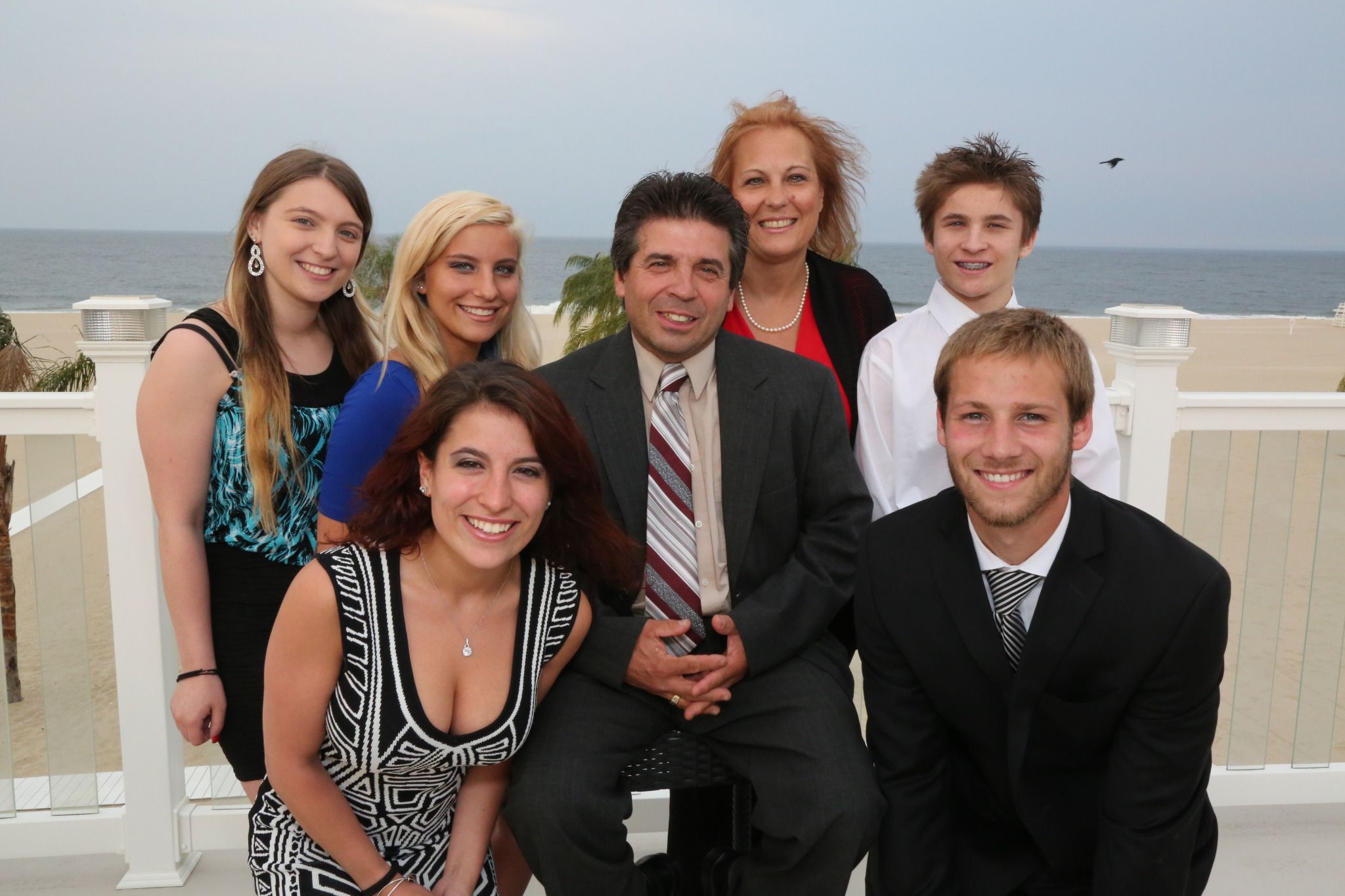At age 39, Jody was working full time, volunteering, and raising four children, when her life was suddenly interrupted.
In January 2009, she landed in the hospital with a diagnosis of Philadelphia chromosome positive acute lymphoblastic leukemia. It was the start of a long journey through many hospital rooms. Five months after her diagnosis, Jody had a bone marrow transplant and went into remission. In 2011, the leukemia was back. Despite a poor prognosis, Jody again beat the odds through a successful stem cell transplant.
Today, she is still in remission. For the rest of her life, Jody needs to take a daily oral pill called dasatinib, a targeted therapy advanced with LLS support that works by inhibiting the mutation that causes cancer cells to proliferate. When she went to pick up her first dose at the pharmacy, Jody was shocked to learn how much that life-saving drug would cost her: $5,640 for the first month alone.
It was not long before Jody’s medical bills ate through her family’s savings. Everything that she and her husband had put away for their children’s college educations went to pay for the treatments and medications keeping Jody alive. The payments soon added up to more than $60,000 in out-of-pocket expenses.

Unfortunately, these high out-of-pocket costs are all too familiar for cancer patients. For the last several years, health plans have been shifting a greater portion of the cost of care onto patients, like Jody. This is done through a combination of cost-sharing techniques, including:
- Deductibles: The amount that a consumer must pay upfront before his or her health plan will begin to cover the cost of care.
- Coinsurance: As in Jody’s case, coinsurance requires a patient to cover a percentage of the total cost of a benefit or service instead of paying a flat co-pay.
Especially for patients who rely on specialty medications, these cost-sharing techniques can result in out-of-pocket costs that run into thousands of dollars in just a single month. This nearly eliminates access to care for the many patients whose families simply cannot afford such high costs.
Through its nationwide grassroots network of more than 100,000 volunteer advocates, The Leukemia & Lymphoma Society (LLS) is working to change that by advocating for policies at the state and federal level to limit out-of-pocket costs for patients.
Patients could benefit greatly if cost-sharing for medications was limited to more reasonable amounts. According to an analysis commissioned by LLS in 2015, health plans could adopt such limits with little-to-no impact to premiums. The analysis was developed by Milliman, a consulting company with expertise in insurance coverage.
LLS recently commissioned a follow-up analysis from Milliman to understand how these cost-sharing limits would affect premiums under current marketplace trends. For this report, Milliman based the analysis on a silver plan, since this plan type is popular among consumers.
As a specific cost-sharing limit, Milliman tested a pre-deductible limit of $150 for a one-month supply of any prescription drug. In this case, pre-deductible means that a patient would not have to meet a deductible before the $150 limit would apply at the pharmacy counter.
The findings? Looking out over a three-year period, the latest analysis projects a monthly premium increase of less than 1% each year. Furthermore, that impact could be reduced to less than 0.5% if a plan were to make small (for example, $1 to $5) increases in cost sharing for other benefits or services.
While these findings are extremely important to a patient’s wallet, they are also important to overall health and wellness. Data shows that when cost becomes a barrier to accessing medications, patients do not use their medications appropriately, skipping doses in order to save money or abandoning a treatment all together.
By strengthening the case that limiting cost-sharing for medications is indeed feasible, these analyses will help inform public policy. LLS’s Office of Public Policy will deliver these findings through strategic advocacy at the federal and state levels, along with input from patients, like Jody, to help improve access to care and accelerate cures.
As the voice for all blood cancer patients, LLS’s Office of Public Policy has achieved groundbreaking results for patients, such as advocating for oral parity legislation which has been signed into law in 42 states, and helping to drive forward the 21st Century Cures Act. To learn more about those efforts or help in LLS’s advocacy efforts, click here.
